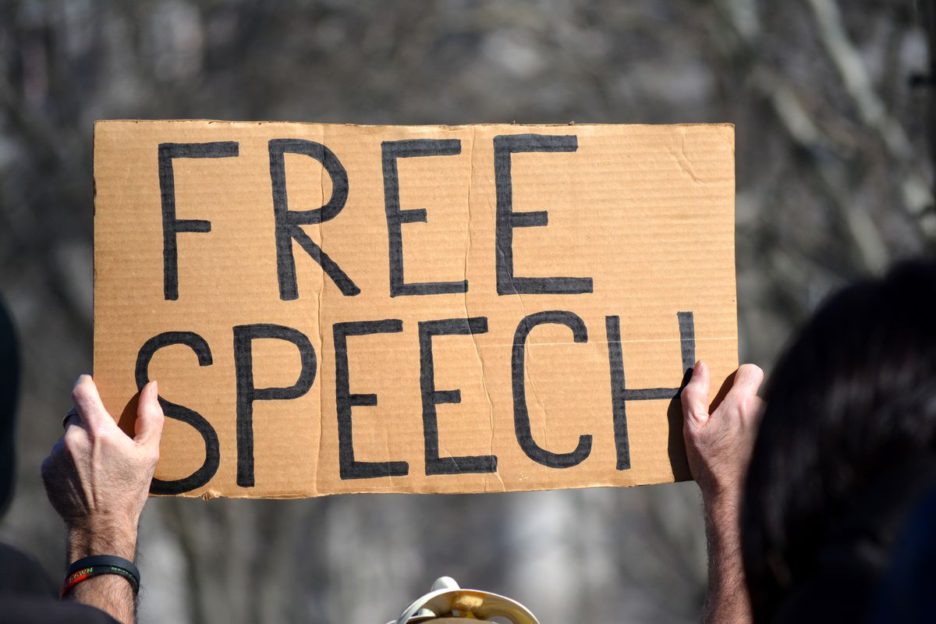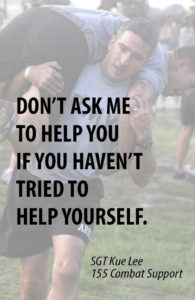In the aftermath of several social media sites banning President Donald Trump as well as the social media platform, Parler, getting taken down, there was an outcry from (mostly right-wing) news pundits and people criticizing these moves as a 1st Amendment violation and censorship.
But is this really true? In this post = Let’s Analyze – Free Speech.
In the United States, “Free Speech” (as it’s most commonly referred to) is a guaranteed right because it’s outlined in the Bill of Rights as the 1st Amendment.
Congress shall make no law respecting an establishment of religion, or prohibiting the free exercise thereof; or abridging the freedom of speech, or of the press; or the right of the people peaceably to assemble, and to petition the government for a redress of grievances.
I’m not going to dive into the deeper connotations of the 1st Amendment. Instead, I’m going to focus on the key word here: Congress. This means that the U.S. Congress (or any other form of a U.S. government entity) cannot restrict your rights to free speech. However, this restriction is not extended to businesses, organizations, or even private residences.
Let me give you an example:
- Let’s say Bob wants to preach about a cult religion he’s a part of. And he wants to preach about it in your house. If you don’t allow him to come in and preach, is that a violation of his 1st amendment rights?
- Let’s say Bob wants to preach in a business, like store or an office, or even at another church. If he’s not allowed to preach in these places, is this a 1st amendment violation?
- The answer is: NO.
- Because, Bob does not have the right to free speech in any of these areas. The government isn’t restricting him – it’s the private owners of these premises and/or properties that have to give him permission.
- What if Bob wants to preach in a park, on the streets, or even in front of your house (off your property that is)?
- All of these places are considered public locations – and so, Bob is allowed to preach, express his thoughts and opinions. (There are some limitations to what he can say – for public safety and decency, etc. – but for the most part, he’s unrestricted here)
Through these examples, we can see that, although social media platforms seem to be a public place, they are in fact – a business. You have to create a profile and agree to their terms before using their platform. The social media platform has the right to ban you for violations of their terms or even at their whim. It’s their right, because it’s their platform. If you want to change this, you’d have to own at least a 51% stake in these companies – then it would be your social media platform.
Finally, President Trump’s 1st Amendment rights aren’t being violated simply because a couple of social media platforms have banned him. I mean, seriously, he’s the president of the United States, and he has this — to speak from. No one is stopping him. And He can call a news conference and say whatever he wants. It’ll get more views and go further – especially because users, news agencies, and other organizations will repost the news conference on those very social media platforms that he’s banned from. SO, it’s hilarious to think that the President of the United States has his 1st Amendment rights restricted.
Oh, and as for Parler getting booted off of Amazon servers, the Apple App store, and the Google Play store – this is just cancel culture. If you don’t know what that is, I’ll be making another video on it soon. So please share this post!
Thanks for reading and stay analytic!

